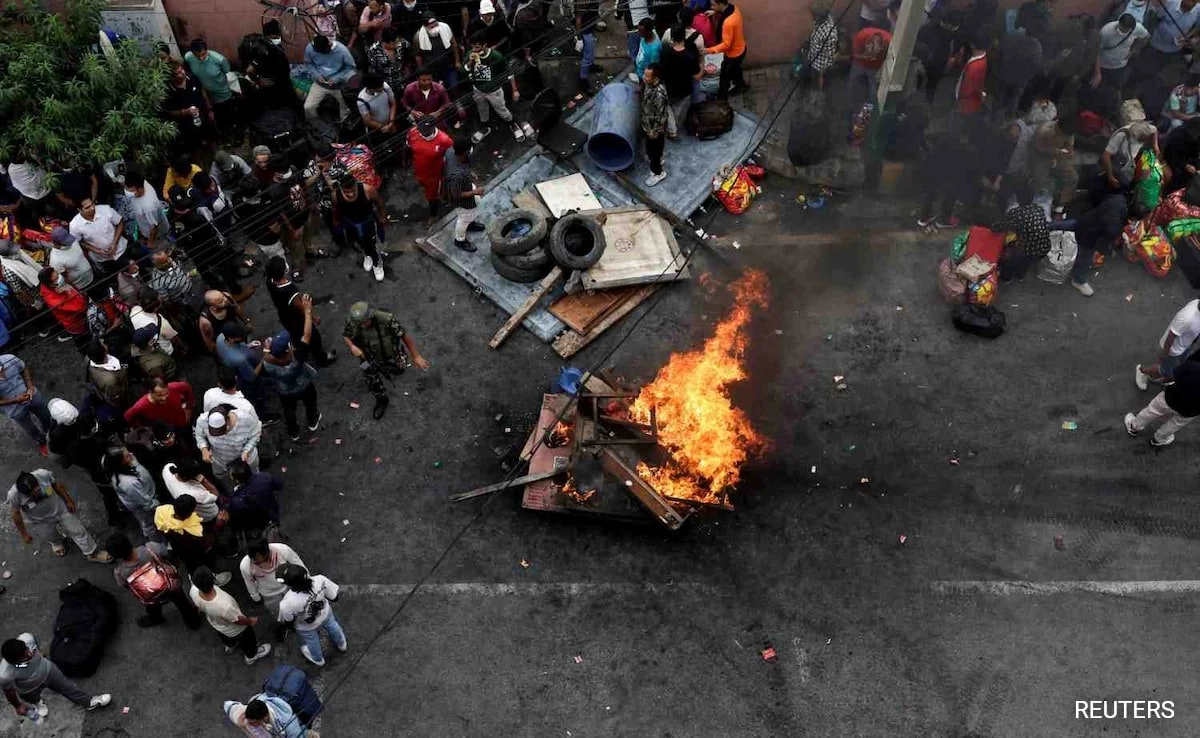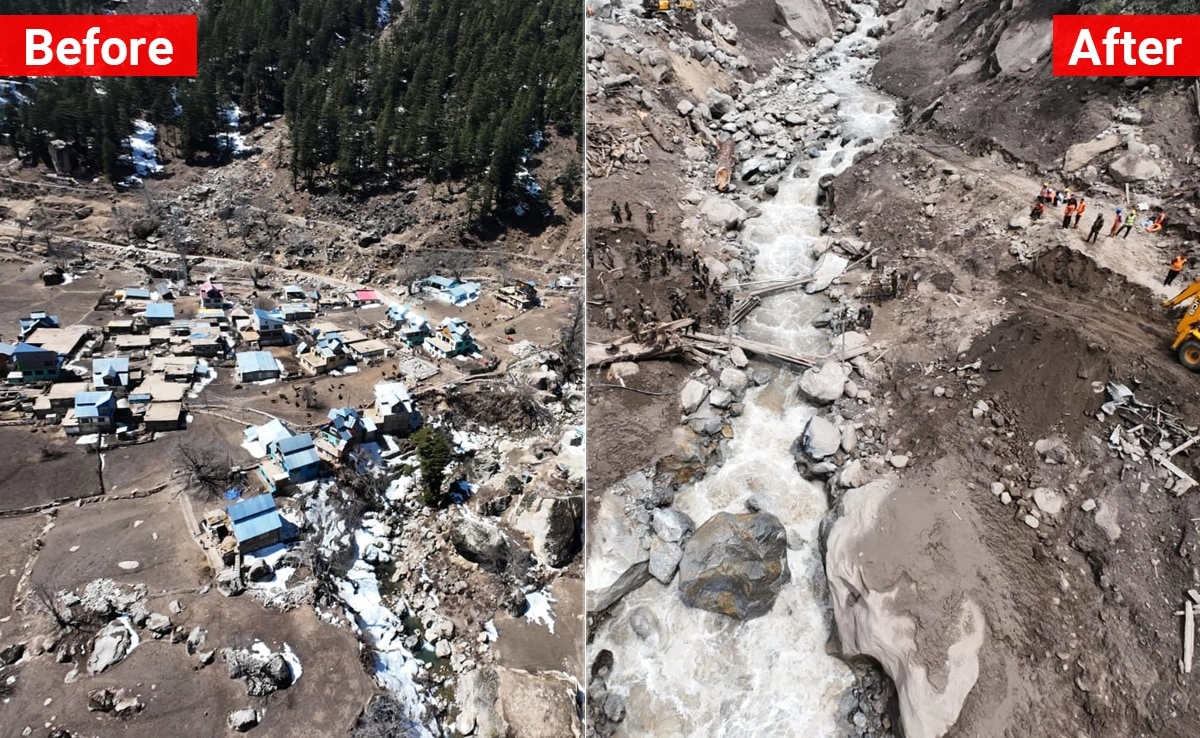In a significant political development in Nepal, former Chief Justice Sushila Karki is poised to be sworn in as the interim Prime Minister today. This event marks a pivotal moment in the country’s leadership as Karki, known for her judicial independence and reformist mindset, steps into a role that could potentially reshape the current political landscape. Her appointment comes amid widespread protests and calls for political stability, reflecting a populace eager for change and a government that prioritizes the needs of its citizens.
As protesters gather across various cities, their demands center on issues such as corruption, governance, and the need for a more accountable political system. The atmosphere is charged with anticipation as demonstrators express both hope and skepticism regarding Karki’s ability to navigate the complex political terrain. Her tenure as Chief Justice has earned her respect, but transitioning from the judiciary to the executive branch presents unique challenges, especially in a nation grappling with deep-seated political divisions.
The swearing-in ceremony is expected to draw significant attention, both domestically and internationally, as observers await to see how Karki plans to address the pressing issues facing Nepal. Her leadership will be closely scrutinized, particularly in how she balances the demands of various political factions while remaining true to her commitment to justice and reform. The outcome of her interim government could set the tone for future elections and the overall direction of Nepal’s democracy.
In the backdrop of this political transition, citizens are hopeful that Karki will bring a fresh perspective to governance, focusing on transparency and integrity. The protests signify a collective yearning for a government that genuinely listens to its people and addresses their concerns. As the day unfolds, the nation watches closely, with many hoping that this moment will signal a new chapter in Nepal’s ongoing political saga.




